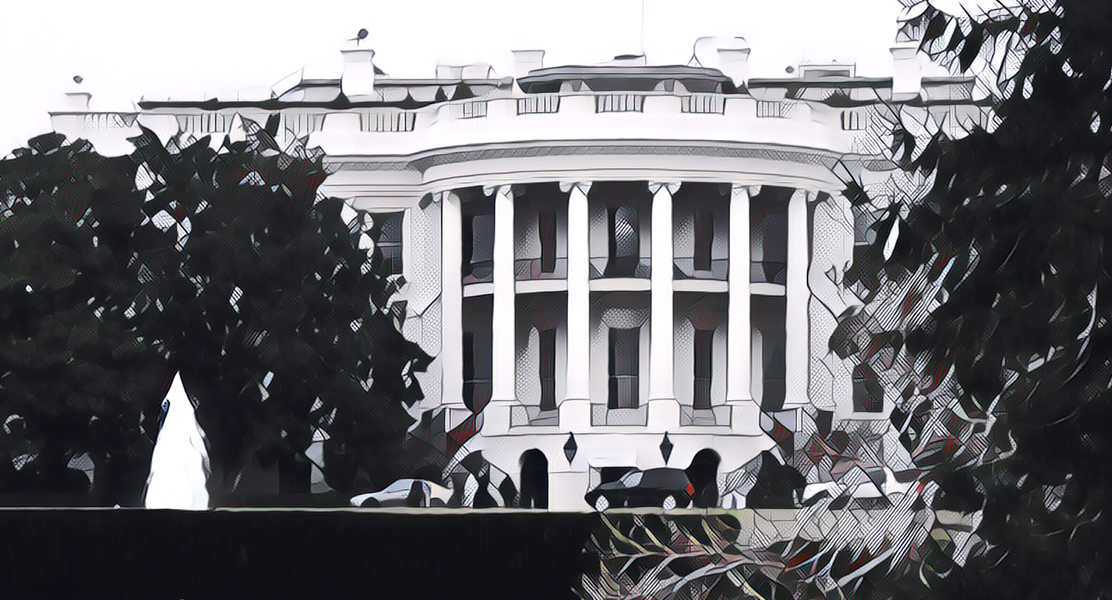As Trump expands the travel ban, remember this policy’s roots: Unconstitutional anti-Muslim bias

This commentary is also available on BJC’s Medium channel.
Today, the Trump administration announced it is adding 6 countries to its restricted travel list: Nigeria, Eritrea, Myanmar, Kyrgyzstan, Sudan and Tanzania. As we consider today’s announcement and what it means for our country, it bears remembering how this policy began. Three years ago, the president signed an executive order that banned migration from seven majority-Muslim nations, temporarily shut down refugee resettlement, and sought to prioritize Christian refugees over their Muslim neighbors by instituting a preference for refugees of minority religions.
The ban’s first iteration faced widespread resistance from people around the world and was immediately challenged in the courts. Because of this pushback, the Trump administration issued a second order in March 2017, which, among other changes, removed the unconstitutional preference for refugees of minority religions. In a third version of the policy, it changed the covered countries, adding two non-Muslim countries to the list: North Korea and certain high-ranking officials from Venezuela. The Supreme Court eventually heard a challenge to this third version. In a controversial and deeply divided 5–4 decision, the Court upheld it as an appropriate exercise of executive power in June of 2018.
I, like many others, was deeply disappointed and saddened by the Supreme Court’s ruling in Trump v. Hawaii, in which the Court refused to repudiate the policy and gave broad deference to the president. The majority failed to engage with a principle of our constitutional tradition that no religion be singled out for official disfavor. I agree with Justice Sonia Sotomayor, who wrote in her dissent that we’ll look back one day at the Court’s opinion with the same shame and remorse that we now view Korematsu, the decision that allowed Japanese internment during World War II.
If there are legal challenges to this new policy, it seems unlikely that the Court would so soon overturn its prior decision. The specifics of the travel ban have changed over the past three years, but this fact remains: this policy, no matter how much it undergoes chameleon-like aesthetic adjustments, is ultimately rooted in anti-Muslim bias.
Trump explained the reason for adding additional countries to the travel ban last week, saying, “We have to be safe. Our country has to be safe. You see what’s going on in the world. Our country has to be safe.” This isolationist posture and fear mongering echoes then-candidate Trump in December 2015, when he called for “a total and complete shutdown of Muslims entering the United States until our country’s representatives can figure out what is going on.” His announcement came just days after a self-radicalized American citizen and his wife opened fire at his office holiday party in San Bernadino, California. Now more than four years later, President Trump has refused to repudiate his original statement.
I agree with what my predecessor Brent Walker said then, when he condemned Trump’s Islamophobic proposal as an “un-American, unworkable, counterproductive, and embarrassing” idea that represented “disgusting demagoguery.” Using fear and othering to exclude entire groups of people from our country based on their religious identity is a severe threat to religious freedom. With a Supreme Court unwilling to act, preserving American religious freedom requires the active involvement of all citizens in denouncing religious bigotry in all its forms.
BJC, in faithful solidarity with our Muslim neighbors, will continue to fight against the anti-Muslim discrimination that this travel ban represents and perpetuates. We are supporting the No Ban Act (H.R. 2214/S.1123), which would repeal the travel ban and broaden the Immigration and Nationality Act to prohibit discrimination on behalf of religion. We invite Americans of all faiths and the nonreligious to join us as we continue to speak up and speak out against this immoral violation of our treasured value of religious freedom for all people.
Amanda Tyler is executive director of BJC. This commentary is also available on BJC’s Medium channel. For more on BJC’s work standing against the travel ban, visit BJConline.org/travelban.




